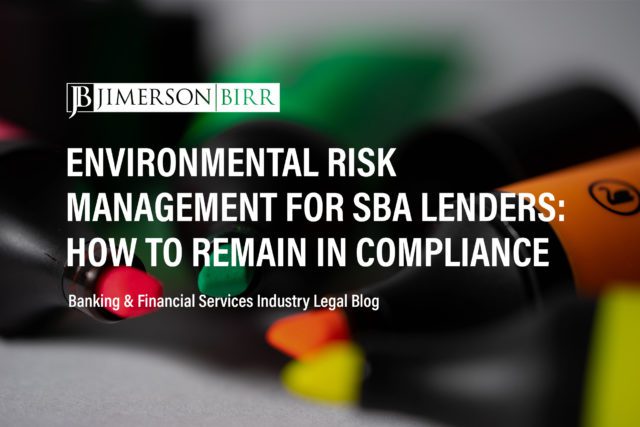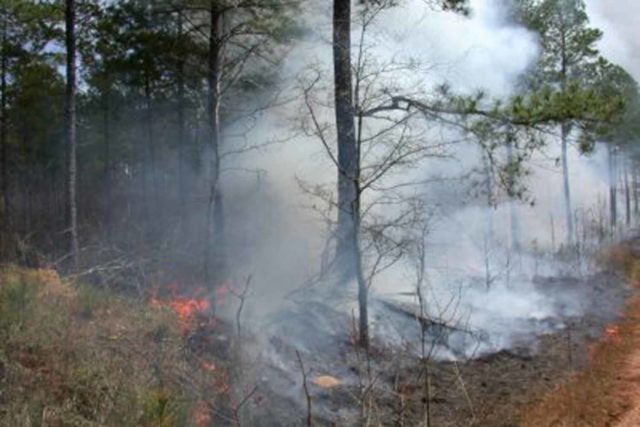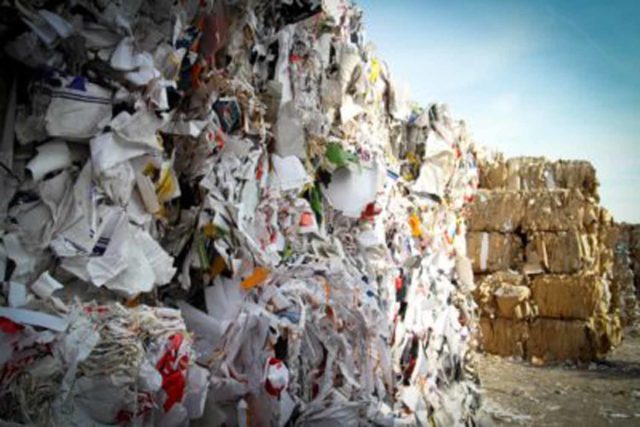What do air quality and emissions permitting and enforcement entail?
Air quality and emissions permitting and enforcement are essential components of environmental law in Florida. These processes regulate and control the release of air pollutants from various sources, such as industrial facilities and vehicles, to protect the environment and public health. In Florida, the Florida Department of Environmental Protection (DEP) administers the air permitting program, which requires facilities to obtain permits before constructing or operating a source of air emissions. Moreover, the DEP enforces compliance with permit conditions and state and federal air quality regulations.
For instance, under the Clean Air Act (CAA), a federal statute, the Environmental Protection Agency (EPA) establishes National Ambient Air Quality Standards (NAAQS) to protect public health and the environment. In turn, the DEP implements the CAA and NAAQS through state-specific regulations, such as the Florida Air Resources Act.
In another example, the Title V Operating Permit Program is a federal permitting program designed for more significant sources of air pollution. Facilities that fall under this program must obtain a Title V permit, which outlines the facility’s emission limitations and monitoring, recordkeeping, and reporting requirements.
Need help regarding environmental due diligence, permitting, mitigation, or compliance? Schedule your consultation today with a top environmental law attorney.
In Florida, which laws and regulations apply to air quality and emissions permitting and enforcement?
Various Florida and federal laws and regulations govern air quality, emissions permitting, and enforcement. The primary federal statute is the Clean Air Act, which empowers the EPA to set air quality standards and regulate emissions from stationary and mobile sources. Under the CAA, the EPA sets the NAAQS, which states, including Florida, must meet by developing and implementing state implementation plans.
At the state level, Chapter 403 of Florida Statutes establishes the legal framework for air quality management in Florida. The Florida DEP is responsible for enforcing the provisions of the Act and implementing the regulations outlined in the Florida Administrative Code (FAC), specifically Chapter 62-204, which contains the state’s air pollution control program.
Additionally, the Florida DEP administers permitting programs, such as the Title V Operating Permit Program (Chapter 62-213, FAC) and the Prevention of Significant Deterioration (PSD) permitting program (Chapter 62-212, FAC), in compliance with federal requirements.
What are common issues regarding air quality and emissions permitting and enforcement that lead to litigation?
The following issues are among the most common in actions regarding air quality and emissions permitting and enforcement in environmental law matters:
- Noncompliance with permit requirements: Facilities may fail to meet the conditions and limitations established in their air permits, leading to enforcement actions or third-party lawsuits.
- Inadequate emissions monitoring: Companies may neglect to properly monitor their emissions, maintain records, or report their data to regulatory authorities, resulting in legal disputes and potential fines.
- Failure to obtain necessary permits: Businesses may operate without air permits, violating federal and state regulations and facing enforcement actions or lawsuits.
- Challenges to permitting decisions: Community groups or other stakeholders may contest issuing or renewing air permits, alleging that the permitting authority failed to adequately consider the facility’s potential impacts on air quality and public health.
- Emission exceedances: Exceeding emission limits or violating air quality standards may trigger enforcement actions or lawsuits by regulators, affected communities, or environmental organizations.
When a set of facts is appropriate for legal intervention, there are many paths a claimant may take. We are value-based attorneys at Jimerson Birr, which means we look at each action with our clients from the point of view of costs and benefits while reducing liability. Then, based on our client’s objectives, we chart a path to seek appropriate remedies.
To determine whether your unique situation may necessitate litigation, please contact our office to set up your initial consultation.
What claims about air quality and emissions permitting and enforcement do plaintiffs generally bring to court, and what are common legal defenses to those claims?
To initiate an air quality and emissions permitting and enforcement-related lawsuit, a plaintiff must typically establish standing to sue, demonstrate that their claim is ripe for review, and exhaust any available administrative remedies. Depending on the specific circumstances, plaintiffs may allege violations of the Clean Air Act, the Florida Air Resources Act, or other federal or state environmental laws.
Common claims related to air quality and emissions permitting and enforcement include:
- Violations of permit conditions, such as emission limits or monitoring requirements
- Failure to obtain or renew required permits
- Inadequate emissions control measures or mitigation efforts
- Public nuisance claims, based on allegations that a facility’s emissions have interfered with the use and enjoyment of nearby properties
Real estate developers and businesses may raise various legal defenses against these claims, such as:
- Compliance with permit conditions and applicable regulations: demonstrating that they have met their legal obligations
- Challenges to the plaintiff’s standing to sue: arguing that the plaintiff lacks a sufficient connection to the alleged harm or that the injury is not redressable by the court
- Statutes of limitations: asserting that the plaintiff’s claim is time-barred because it was not filed within the required time
- Regulatory safe harbor: contending that they have followed the guidance provided by regulatory authorities and should not be held liable for alleged violations
Please contact our office to set up your initial consultation to see what actions or defenses may be available for your unique situation.
What are effective measures to minimize the risk of litigation over air quality and emissions permitting and enforcement?
To successfully mitigate the risk of litigation over air quality and emissions permitting and enforcement in environmental law matters, businesses and developers can adopt the following measures:
- Staying up-to-date on regulations: Regularly monitoring changes in federal and Florida state air quality laws, regulations, and permitting requirements ensures compliance with the latest standards.
- Properly obtaining and maintaining permits: Diligently applying for, renewing, and adhering to the terms of air quality permits, such as emission limits and monitoring requirements, helps avoid potential enforcement actions and lawsuits.
- Implementing best management practices: Employing industry-recognized emissions control measures and pollution prevention practices demonstrates a commitment to environmental compliance and can reduce the risk of violations.
- Conducting regular compliance audits: Periodic self-assessments of emissions monitoring, recordkeeping, and reporting processes can identify potential issues before they escalate into legal disputes.
- Engaging with community stakeholders: Proactively addressing community concerns and fostering a positive relationship with neighbors can help prevent conflicts from developing into litigation.
Frequently Asked Questions
- What are the primary federal and state agencies responsible for air quality regulation in Florida?
The US Environmental Protection Agency (EPA) enforces federal air quality laws like the Clean Air Act. At the same time, the Florida Department of Environmental Protection (FDEP) administers state air quality regulations under the Florida Air Resources Act.
- How are air quality permits obtained or renewed in Florida?
Businesses must apply for air quality permits from the FDEP or the appropriate local air pollution control agency. The permitting process typically involves submitting an application detailing the facility’s emissions sources, control measures, and monitoring plans. Renewal procedures follow a similar approach, with updated information on facility operations and compliance history.
- What penalties can businesses face for noncompliance with air quality regulations?
Penalties for violating air quality laws and permit conditions can include fines, injunctions, and even criminal charges in severe cases. In addition, the EPA and FDEP may also pursue enforcement actions against violators, and affected parties, such as community groups or individuals, can file lawsuits under certain circumstances.
Have more questions about an environmental law-related situation?
Crucially, this overview of air quality and emissions permitting and enforcement does not begin to cover all the laws implicated by this issue or the factors that may compel the application of such laws. Every case is unique, and the laws can produce different outcomes depending on the individual circumstances.
Jimerson Birr attorneys guide our clients to help make informed decisions while ensuring their rights are respected and protected. Our lawyers are highly trained and experienced in the nuances of the law, so they can accurately interpret statutes and case law and holistically prepare individuals or companies for their legal endeavors. Through this intense personal investment and advocacy, our lawyers will help resolve the issue’s complicated legal problems efficiently and effectively.
Having a Jimerson Birr attorney on your side means securing a team of seasoned, multi-dimensional, cross-functional legal professionals. Whether it is a transaction, an operational issue, a regulatory challenge, or a contested legal predicament that may require court intervention, we remain tireless advocates at every step. Being a value-added law firm means putting the client at the forefront of everything we do. We use our experience to help our clients navigate even the most complex problems and come out the other side triumphant.
If you want to understand your case, the merits of your claim or defense, potential monetary awards, or the amount of exposure you face, you should speak with a qualified Jimerson Birr lawyer. Our experienced team of attorneys is here to help. Call Jimerson Birr at (904) 389-0050 or use the contact form to schedule a consultation.

We live by our 7 Superior Service Commitments
- Conferring Client-Defined Value
- Efficient and Cost-Effective
- Accessibility
- Delivering an Experience While Delivering Results
- Meaningful and Enduring Partnership
- Exceptional Communication Based Upon Listening
- Accountability to Goals











